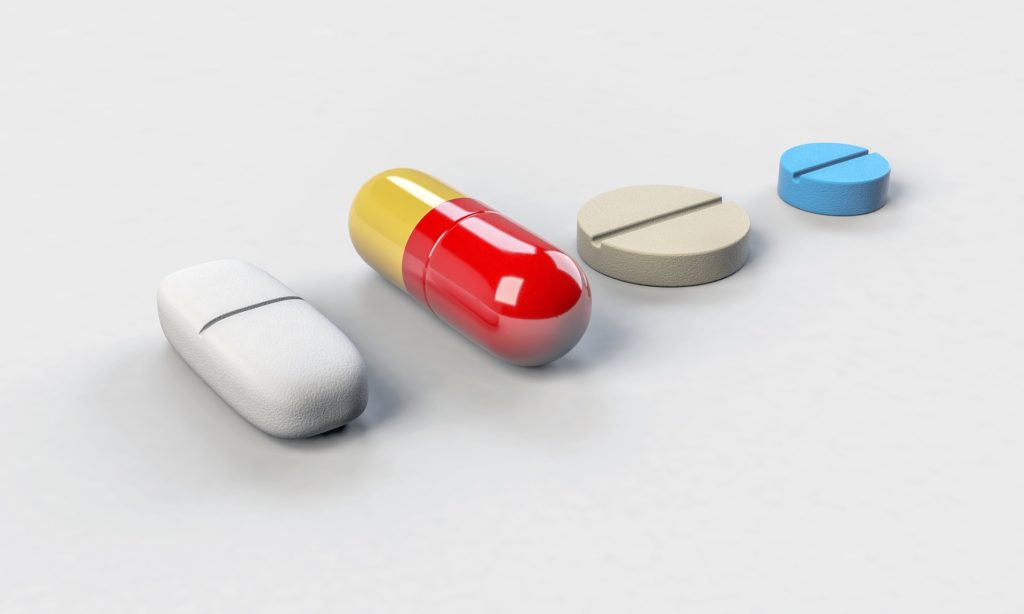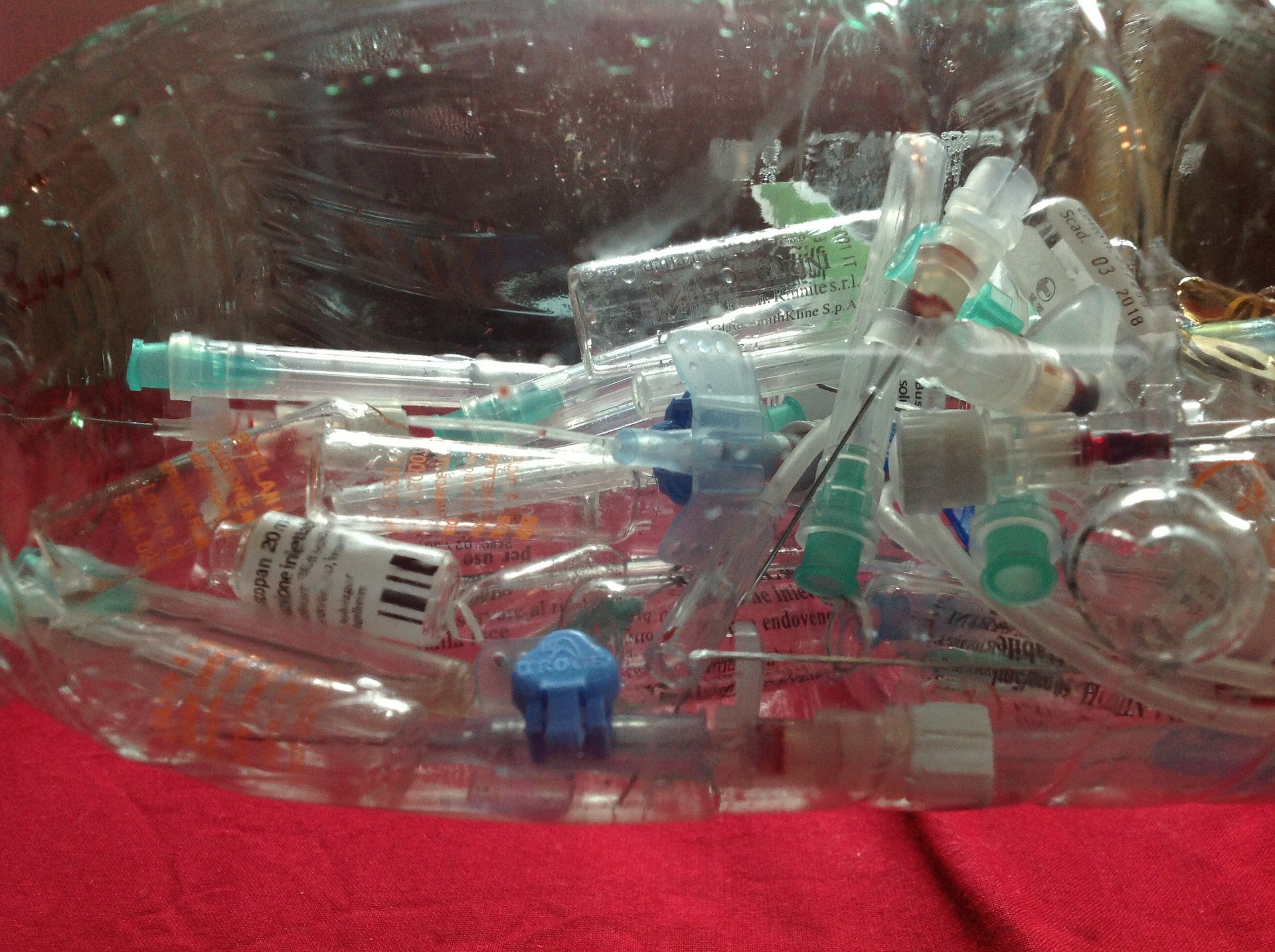
The mind-altering effect of drugs can be found in certain prescription medications, not just illicit drugs. Unfortunately, psychoactive drugs such as antidepressants suffer from stigma and misunderstanding. Get the facts once and for all in this guide to psychotropic (meaning: affecting the mind) medications, and perhaps learn a little more about the conditions they’re used to treat.
- Selective Serotonin Reuptake Inhibitors (SSRIs)
SSRIs are the most common class of antidepressant. Medications in this class include brand names like Prozac (fluoxetine) and Zoloft (sertraline).
Contrary to popular belief, antidepressants are not a cure-all “happy pill.” Patients often need to take the medication for several weeks before noticing results. Symptoms may even worsen before getting better. Not every SSRI works for everyone, and patients may have to try a few before they find one that works for them. While SSRI addiction is highly unlikely, patients still need to be weaned off them gradually as suddenly stopping can cause withdrawal symptoms.
- Benzodiazepines
Benzodiazepines include recognizable anti-anxiety medications such as Xanax (alprazolam) and Valium (diazepam). These drugs, also known as CNS (central nervous system) depressants, are fast-acting and may be used to quickly treat panic attacks. However, users can build tolerance and even dependence on benzodiazepines.
Some people use “benzos” to achieve a high. Effects include sedation, euphoria, and reduced anxiety. When used in high doses or when combined with other drugs like alcohol, benzodiazepine overdose can be dangerous and even fatal. Celebrities like Heath Ledger and Michael Jackson have died from overdoses with benzos found in their system.
On the other hand, some people rely on benzodiazepines to live normal, productive lives. Panic attacks are nothing to sneeze it; they are often accompanied by a harrowing sense of doom and can feel like heart attacks.
- ADHD medications
ADHD medications include Adderall (amphetamines) and Ritalin (methylphenidate) are stimulants often used to treat attention deficit hyperactivity disorder (ADHD). These drugs are somewhat controversial because they are often prescribed to children. ADHD medications help with focus, but may also increase blood pressure, heart rate, and breathing.
When taken under a doctor’s guidance, stimulants are generally safe. However, ADHD medications are sometimes abused by college students who take high doses to study all night before a big exam. Students may look to black market dealers to get these drugs. There’s a degree of danger here because you can never be 100% sure that what you want is what you’re getting. To be on the safe side, perhaps it’s better to just down a few cups of coffee before an exam.
- Antipsychotics
Antipsychotic medications are used to treat psychosis. “Psychosis” typically means having lost contact with reality, such as when a person experiences delusions or false beliefs (ie. “The Illuminati is trying to kill me”) and hallucinations (seeing/hearing/sensing things that are not there). These may be symptoms of schizophrenia, bipolar disorder, psychotic depression, or drug abuse.
Mental disorders like schizophrenia are extremely debilitating, but with adequate treatment, people can live productive lives. Schizophrenia is often confused with dissociative identity disorder, but schizophrenics do not have “split” personalities. Schizophrenics are also usually non-violent. Unfortunately, popular media has sometimes sensationalized schizophrenia to be a terrifying, violent disease.
- Codeine (and other opiates)
Codeine is an opioid found in common medications like Robitussin A-C and Tylenol with Codeine. Opioids, such as morphine, fentanyl, and heroin, are notoriously known for their ease of addiction. Used recreationally, they can induce euphoria, relief of pain, relaxation, and other depressant effects. Overdose can lead to death.
When taken under a doctor’s direction, prescription opioids are usually safe, and many people with excruciating chronic pain conditions can benefit from the relief these medications provide. Unfortunately, very strong opiates like fentanyl have been found in non-opiate street drugs. These street drugs are then taken by non-opiate users with no tolerance for the drug, resulting in fatal overdoses.
If you take psychoactive medication…
Being a regular user of psychoactive medication can add a few extra concerns in everyday life. For example, many countries have strict laws around visitors bringing in psychoactive drugs, so prescription drug users may have to jump through extra hoops just to bring their life-saving medication with them.
Many psychoactive drugs have to be taken regularly and for a long period of time, so costs can quickly add up. If you struggle to afford psychiatric medication, consider buying online from international and Canadian pharmacies. Canadian pharmacy referral services such as Rx Connected offer antidepressants like fluoxetine and antipsychotics like risperidone at affordable prices (however, controlled substances like opiates are unavailable). Always be cautious when buying medication online; avoid any source that claims you can buy a prescription drug without a prescription.
Psychoactive drug users also have to deal with undeserved stigma. For some reason, society looks at psychoactive drugs differently than, say, antibiotics. Perhaps it’s because we associate psychoactive drugs with the classic junkie stereotype. So, the next time you see someone taking a pill, don’t assume they’re doing it just for fun. And if they are, perhaps caution them about the possible side effects. It’s worth reiterating: when buying pills in the black market, you can never be 100% sure what you’re getting.
To learn more about psychoactive drugs, visit the National Institute of Mental Health and the National Institute on Drug Abuse for information used for research in this article.








